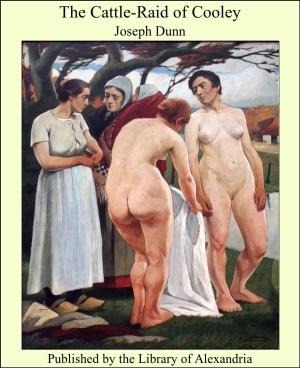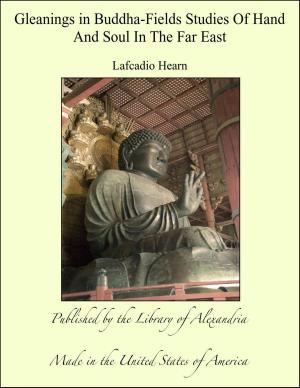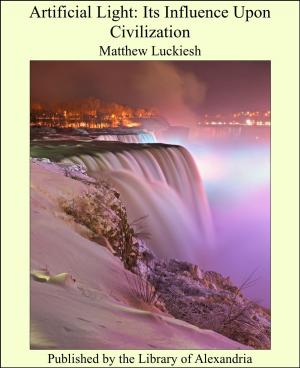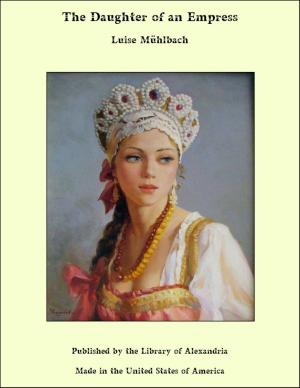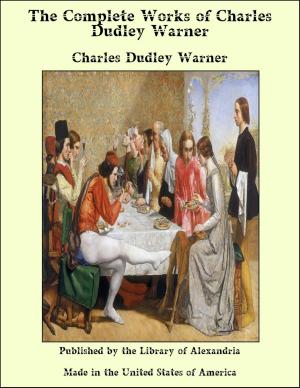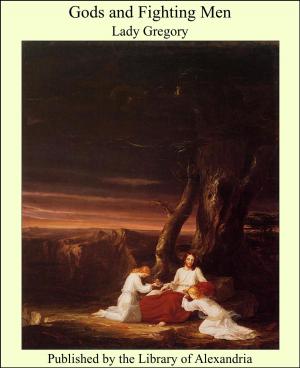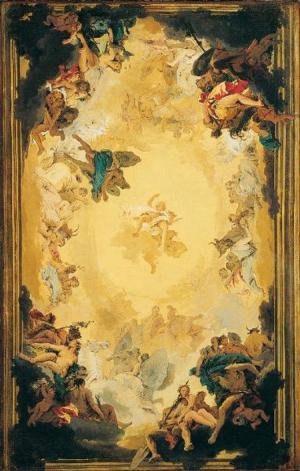The Christian Faith Under Modern Searchlights
Nonfiction, Religion & Spirituality, New Age, History, Fiction & Literature| Author: | William Hallock Johnson | ISBN: | 9781465511188 |
| Publisher: | Library of Alexandria | Publication: | March 8, 2015 |
| Imprint: | Language: | English |
| Author: | William Hallock Johnson |
| ISBN: | 9781465511188 |
| Publisher: | Library of Alexandria |
| Publication: | March 8, 2015 |
| Imprint: | |
| Language: | English |
It was my good fortune to hear the lectures contained in this volume when they were given in the Miller Chapel of Princeton Theological Seminary. The high estimate I then formed of them has since been enhanced by the reading of the proof-sheets. Professor Johnson is a well-trained student of philosophy and for some years has been professionally engaged in the teaching of New Testament criticism. He may therefore be trusted as a competent judge of the issues that are raised by anti-Christian thought in the two great fields of contemporary controversy. The only view of Christianity worth contending for in any serious way is that which regards it as a supernatural revelation. The author states his own position in the first lecture. This position is antagonized by those who hold a naturalistic or pantheistic view of the world and also by those who, whatever may be their philosophy, are using the weapons of historical criticism to discredit miraculous Christianity. I can imagine that there are two classes of Christians for whom these lectures will have only a moderate interest: those who are possessed of a strong and aggressive faith and who are impatient of all discussion that seems to carry with it the implication that their religious convictions stand in need of any defense; and those who, by reason of their easy acquiescence in the conclusions of a minimizing theology, look upon such discussions as having a tendency to divide the household of faith and to divert attention from the activities of the Church
It was my good fortune to hear the lectures contained in this volume when they were given in the Miller Chapel of Princeton Theological Seminary. The high estimate I then formed of them has since been enhanced by the reading of the proof-sheets. Professor Johnson is a well-trained student of philosophy and for some years has been professionally engaged in the teaching of New Testament criticism. He may therefore be trusted as a competent judge of the issues that are raised by anti-Christian thought in the two great fields of contemporary controversy. The only view of Christianity worth contending for in any serious way is that which regards it as a supernatural revelation. The author states his own position in the first lecture. This position is antagonized by those who hold a naturalistic or pantheistic view of the world and also by those who, whatever may be their philosophy, are using the weapons of historical criticism to discredit miraculous Christianity. I can imagine that there are two classes of Christians for whom these lectures will have only a moderate interest: those who are possessed of a strong and aggressive faith and who are impatient of all discussion that seems to carry with it the implication that their religious convictions stand in need of any defense; and those who, by reason of their easy acquiescence in the conclusions of a minimizing theology, look upon such discussions as having a tendency to divide the household of faith and to divert attention from the activities of the Church

